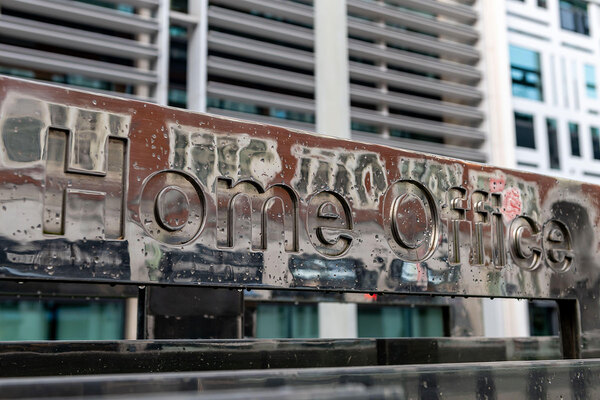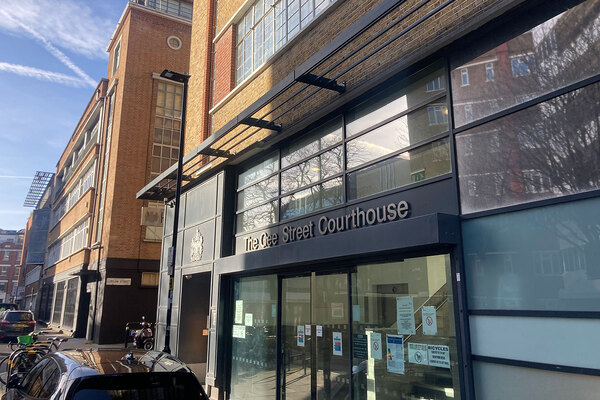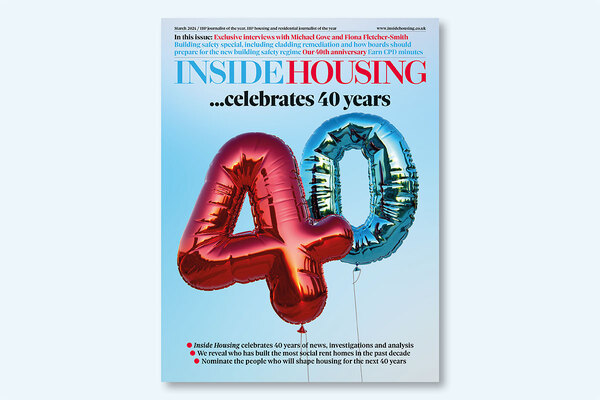You are viewing 1 of your 1 free articles
MPs: protect housing allowance from benefit sanctions
The government must stop deducting money from Universal Credit claimants’ allowances if they have already been ‘sanctioned’, a group of MPs have said.
The Work and Pensions Select Committee has recommended that deductions from a claimant’s allowance for things such as rent arrears should be postponed if a person has already been sanctioned.
The MPs argue that the combination of deductions and sanctions can have a knock-on impact on a claimant’s housing and child benefit allowance, which is supposed to be protected under the current regime.
The calls came in a damning report by the committee looking at the impact of the tougher benefit sanction regime brought in by the coalition government six years ago as part of the Welfare Reform Act 2012.
Under the system, claimants can be sanctioned for reasons such as missing a meeting with a work advisor or not taking a job offered and losing all or part of their benefits as a result.
But this should only apply to the recipient’s ‘standard allowance’, with housing and child benefit elements of the Universal Credit payments protected.
However, these protected areas can be reduced to repay debts, including rent arrears.
The report said that in these cases claimants should not be sanctioned, since any deduction would also eat into their protected allowance.
Related Files
In its submission to the Work and Pensions Select Committee, Citizens Advice Newcastle (CAN) used the example of a woman with mental health problems who had historical rent arrears being deducted from her Universal Credit allowance, which accounted for 20% of her total allowance.
The woman was then given a sanction of 100% her personal allowance for not recording an appropriate work search.
Despite 20% of her allowance already being deducted, she was still sanctioned 100% of her personal allowance which meant money was effectively taken away from her housing allowance. CAN said the woman’s housing situation became “perilous” as a result.
The CAN submission said: “Deductions should only ever come out of the personal allowance. Therefore when a sanction is applied, the deductions should be postponed for the duration of the sanction to ensure children and those living in rented accommodation are not made vulnerable to poverty, homelessness and extreme hardship.”
The select committee report called on the government to urgently reassess the sanctions regime calling it occasionally so “counter-productive it was pointlessly cruel”.
It added that the sanction system’s record of achieving its aims were “mixed at best” and claimed the coalition government introduced the system with “little or no understanding of the impact”.
Frank Field, chair of the Work and Pensions Select Committee, said: “We have heard stories of terrible and unnecessary hardship from people who’ve been sanctioned.
“While none of them told us that there should be no benefit sanctions at all, it can only be right for the government to take a long hard look at what is going on.”
A Department for Work and Pensions spokesperson said: “It is reasonable that people have to meet certain requirements in return for payments.
“The government has conducted research, which found that 76% of Universal Credit claimants felt sanctions made them more likely to meet requirements, while 72% found they were more likely to actively seek work.”









